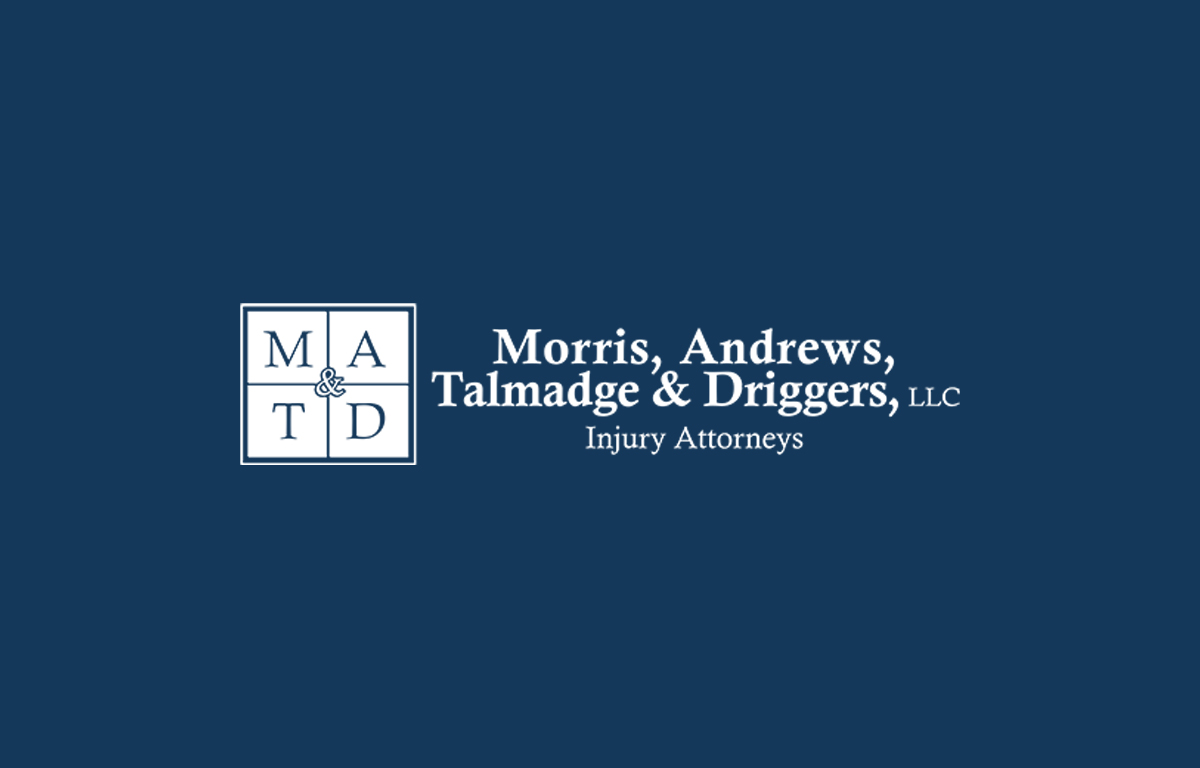Camp Lejeune is a U.S. Marine Corps base located in Jacksonville, North Carolina. From the 1950s through the 1980s, the base’s drinking water was contaminated with toxic chemicals, including trichloroethylene (TCE), tetrachloroethylene (PCE), and benzene. The contamination has been linked to a variety of health problems, and thousands of military personnel and their families who lived or worked at Camp Lejeune during this time have filed lawsuits seeking compensation for their injuries. Here are some frequently asked questions about Camp Lejeune lawsuits:
Q: What is Camp Lejeune?
A: Camp Lejeune is a U.S. Marine Corps base located in Jacksonville, North Carolina. It was established in 1941 and covers over 240 square miles.
Q: What chemicals were found in the water at Camp Lejeune?
A: From the 1950s through the 1980s, the drinking water at Camp Lejeune was contaminated with toxic chemicals, including trichloroethylene (TCE), tetrachloroethylene (PCE), and benzene. The contamination was the result of leaks and spills from industrial operations on the base.
Q: What health problems have been linked to the Camp Lejeune water contamination?
A: The Camp Lejeune water contamination has been linked to a variety of health problems, including certain types of cancer (such as leukemia, lymphoma, and multiple myeloma), neurological disorders, and birth defects.
Q: Who can file a Camp Lejeune lawsuit?
A: Military personnel and their families who lived or worked at Camp Lejeune between the 1950s and the 1980s and suffered health problems linked to the water contamination can file a Camp Lejeune lawsuit.
Q: What damages can be recovered in a Camp Lejeune lawsuit?
A: Damages that can be recovered in a Camp Lejeune lawsuit may include medical expenses, lost wages, pain and suffering, and other economic and non-economic losses.
Q: How do I file a Camp Lejeune lawsuit?
A: To file a Camp Lejeune lawsuit, you should consult with an experienced attorney who can help you gather the necessary evidence and file the appropriate legal documents.
Q: Is there a deadline for filing a Camp Lejeune lawsuit?
A: Yes, there is a deadline, or statute of limitations, for filing a Camp Lejeune lawsuit. The deadline may vary depending on the state where the lawsuit is filed and other factors, so it’s important to consult with an attorney as soon as possible to protect your rights.
Q: How can a Camp Lejeune lawsuit help me?
A: A Camp Lejeune lawsuit can help you recover compensation for the damages you suffered as a result of the water contamination, including medical expenses, lost wages, and pain and suffering. Additionally, a lawsuit can help hold the responsible parties accountable for their actions and prevent similar incidents from occurring in the future.
Take Action Today to Seek Justice and Compensation for Camp Lejeune Water Contamination
If you or a loved one has been affected by the toxic water at Camp Lejeune and diagnosed with a serious health condition or cancer, it’s important to take action. Our team of experienced attorneys at Morris, Andrews, Talmadge & Driggers, LLC can help you seek justice and compensation for your suffering. Contact us today at (844) 654-6228 for a free consultation and let us review your claim. We’re here to fight for you.



